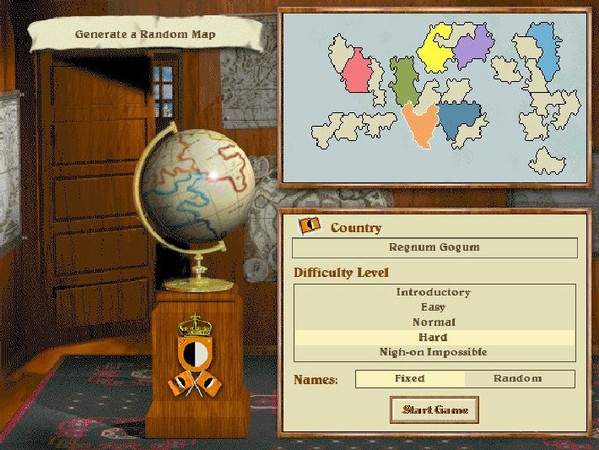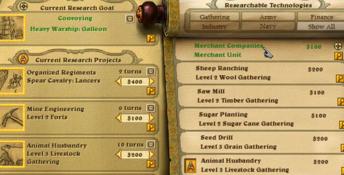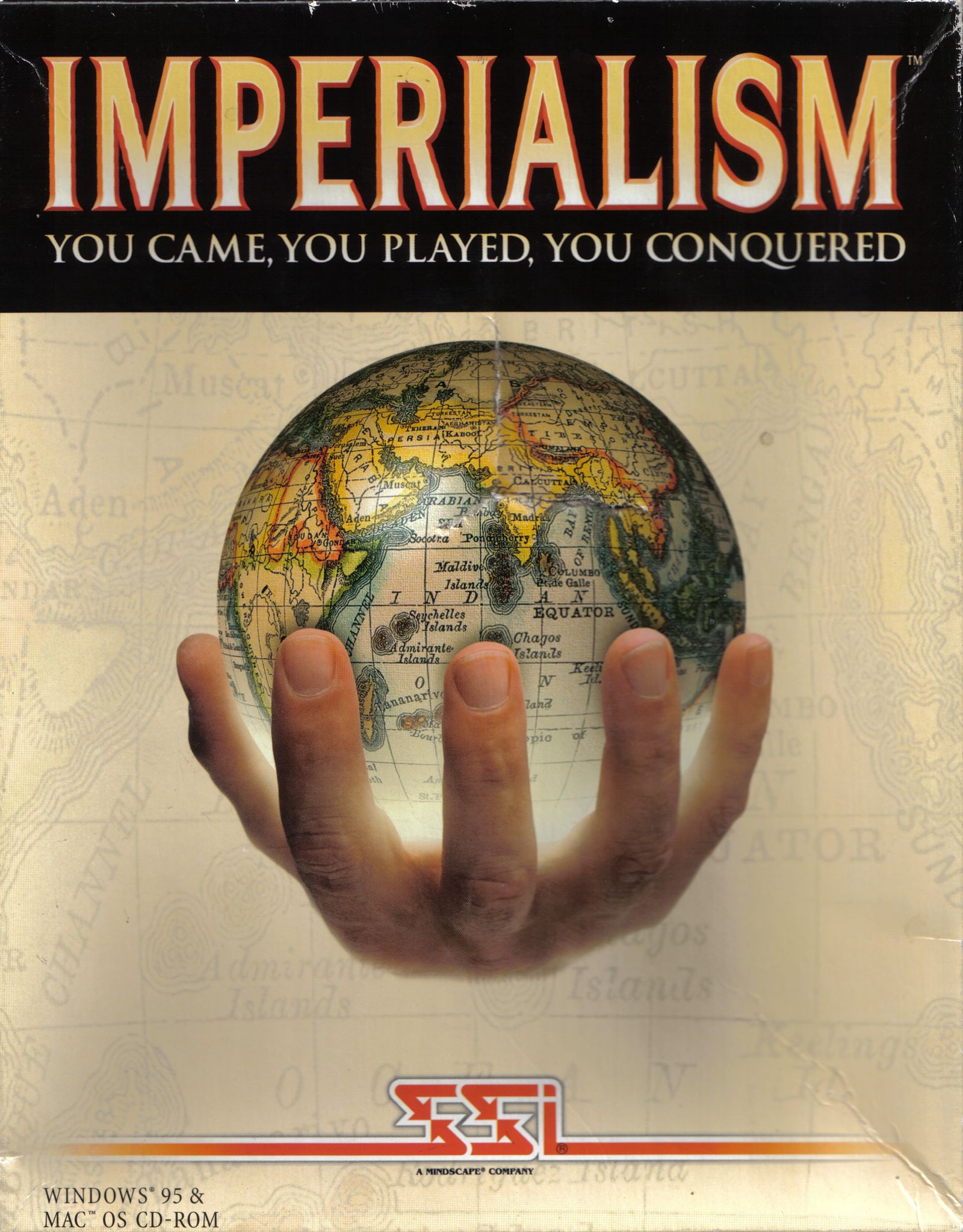

It can subsequently be transformed into lumber in a lumber mill. For instance, timber can be obtained by exploiting forests. These can be bought on the world market, or gained by exploitation of resources in the player's country. To produce anything, raw materials are needed. In Imperialism's economic model, states control production and engage in trade.

#IMPERIALISM 2 WINDOWS 10 MODS#
Game editors and mods have also been published to create new scenarios, such as a world map. Imperialism offers a tutorial mode and five levels of game difficulty. Games can be played over a LAN or the Internet.

In multiplayer mode, at most 7 players can play together over a network. Naval battles are always handled by the AI. Battles too are turn-based, and they can be either fought by the player or left to the game AI. Turn-based trade sessions, diplomacy sessions (the acceptance/declining of treaties) and battles follow. When all the players click the "End turn" button, the orders are processed. Research can allow increased production of some raw materials, or allow for military upgrades, or in some cases render parts of the navy fleet obsolete. Each turn, players make their decisions in five screens: the map screen, where "specialists" (prospectors, engineers, etc.) are put to work, and military orders are given the transport screen, where transport capacity is allocated the industry screen, where production is determined and workers are trained in various ways the trade screen, where offers and bids for the next trade session are determined and the diplomacy screen, where diplomatic decisions are made.Īs the game progresses the players will also be given the option to buy Research. The end of the game is still the same, except that in the third scenario (1882) the Council of Governors does not convene until 1915. The game starts not in 1815 but either in 1820 (apparently so that France isn't too weak at the start of the game), in 1848, the year of revolutions, or in 1882, at the start of the arms race that eventually led to World War I. In the historical scenarios, the player chooses a European power - available are Great Britain, France, Austria-Hungary, the Ottoman Empire, Russia, and, depending on the period chosen, Prussia and Sardinia, or respectively Germany and Italy. In either case, the empire must have a solid economic grounding, which is established by the exploitation of the country's resources (wood, ore, etc.), by industry (for example, turning raw materials iron and coal into steel) and by trade. Although victory is determined by the Council of Governors, the game score is determined by how much a player has built, including the size of a Great Power's military, workforce, transportation network, merchant marine, diplomatic standing and number of provinces controlled.Įmpire building can be achieved either through diplomacy or through conquest.

If no two-thirds majority is ever reached, the game continues until the year 1915, when the power with the largest number of governors behind it wins the game. Governors in "minor nations" tend to vote for great powers that have favored their country in trade and diplomacy, whereas governors in great powers vote for strong military powers. The goal is to be voted world ruler by a two-thirds majority in the "Council of Governors", in which all provincial governors of the world convene once in a decade. In the first case, the player selects one of seven "great powers" and starts ruling in 1815, a year considered by many historians the beginning of the 19th-century era in the real world. There are two ways to play Imperialism: in a fictional, randomly generated world, or in a historical scenario.


 0 kommentar(er)
0 kommentar(er)
